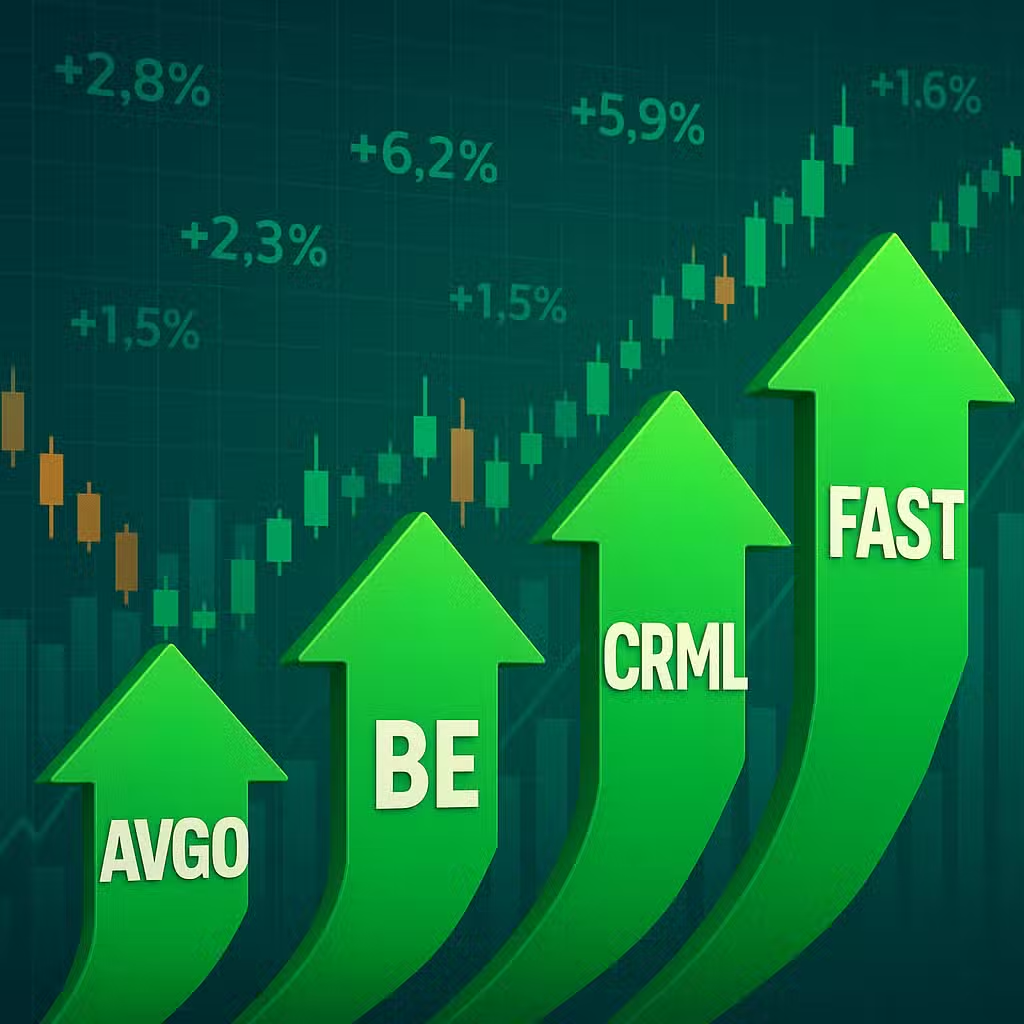China’s Weakening Labor Market Signals Slower Growth, Raising Caution for Investors
Imagine you’re driving a car up a big hill. You could press the gas pedal to go faster, but you decide to wait and see if you have enough speed already. That’s what China’s central bank is doing with interest rates right now—and it matters for investors everywhere.
What Did the PBoC Decide?
The People’s Bank of China (PBoC) decided not to change its main interest rates. The one-year loan prime rate stayed at 3%, and the five-year rate stayed at 3.5%. These rates affect how much it costs for businesses and people in China to borrow money.
Lower rates usually encourage more borrowing and spending, which can help the economy grow. But the PBoC chose to wait, even though there are worries about China’s economic growth and trade tensions with the U.S.
Why Does This Matter for Investors?
Interest rate decisions in China can shake up markets around the world. When China keeps rates steady, it signals confidence. But if growth slows down more, the PBoC might cut rates later, which could boost Chinese stocks and help the global economy.
For example, according to the International Monetary Fund, China’s economy is expected to grow 5% this year. That’s a big slice of the world’s total growth, so changes in China ripple out to other countries and markets.
Bulls: Reasons to Be Optimistic
- Steady Growth: Even with worries, China’s big stock indexes—like the CSI 300 and the Shanghai Composite—are up over 13% this year.
- Possible Policy Support: If growth slows more, the PBoC could cut rates or the government could spend more to help the economy.
- Trade Talks Progress: Recent talks between U.S. and Chinese leaders might lead to lower tariffs, which could help China’s exports and companies.
Bears: Risks and Challenges
- Economic Headwinds: Chinese stocks slipped in September, showing investors are worried about growth and jobs.
- Housing Market Weakness: China’s real estate market is still shaky, which can hurt banks and families who own property.
- Trade Uncertainty: There’s still a risk trade talks could stall or tariffs could stay high, making things tough for Chinese businesses.
Mainland and Hong Kong Markets: Different Paths
Hong Kong’s Hang Seng Index has jumped 4.3% recently, while Mainland China’s main stock indexes have dropped a bit this month. Still, both are up a lot for the year. Investors are watching closely for any new government help or big changes in trade policy.
History shows that when China has cut rates or launched big stimulus programs in the past, its stock markets often bounce higher—like after the 2008 financial crisis, when aggressive cuts led to a strong rally (Financial Times).
Investor Takeaway
- Keep an eye on Chinese interest rate decisions—they can move global markets.
- Diversify your portfolio to avoid getting caught by surprise if China’s growth slows.
- Watch for news on U.S.-China trade talks; a breakthrough could boost Chinese and global stocks.
- Be alert for new government policies, especially if China’s economy weakens further.
- Consider both the risks (like housing and trade) and the potential for upside if new stimulus arrives.
For the full original report, see FX Empire







